Microalgae could be a sustainable aquaculture feed ingredient if ‘more work’ occurs across the supply chain, study suggests
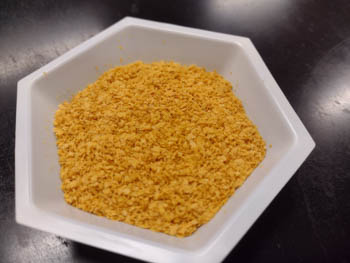
Researchers with UC Santa Cruz’s ecological aquaculture facility have developed a new life cycle sustainability assessment documenting the environmental benefits and impacts of using the marine microalga Schizochytrium sp. as an alternative aquaculture feed ingredient to replace fish oil sourced from wild-caught forage fish. Findings suggest that Schizochytrium sp. could be a more sustainable fish feed ingredient than fish oil, but it requires “targeted improvements in its production.”
Schizochytrium sp. is one of few microalgae varieties that is already being produced on a commercial scale for use in human dietary supplements and aquaculture feeds. The UC Santa Cruz researchers began experimenting with it to formulate new high-performing fish-free feed options and better understand the overall sustainability of Schizochytrium sp. by examining its entire production process.
The study, which was published in the journal Elementa, compared the sustainability of fish oil versus a blend of Schizochytrium sp. and canola oil to replace both the DHA omega-3 fatty acids and lipid content of fish oil. These two feed ingredient options were analyzed across six sustainability categories: Global warming potential, water consumption, land use, marine eutrophication potential, freshwater eutrophication potential and biotic resource use.
Feed ingredients formulated using Schizochytrium sp. had less impact than fish oil on biotic resource depletion across all forms of preparation, while the whole-cell method, in particular, had significantly lower global warming potential than fish oil, due to lesser processing than methods for extracting oils from Schizochytrium sp. But between the two oil extraction methods, conventional solvent extraction had significantly lower environmental impacts than microwave extraction in all categories except global warming potential.
Meanwhile, Schizochytrium sp. had higher environmental impacts than fish oil on freshwater consumption, land use, marine eutrophication potential, and freshwater eutrophication potential, in large part because Schizochytrium sp. must be fed sugars while it’s being grown commercially. Those sugars come from land-based agriculture sources.
“Companies might actually be able to use these results to encourage increased sustainability in how these sugar crops are being grown,” said Anne Kapuscinski, Environmental Studies Professor and senior author of the paper. “If there are ways to produce these crops that use less water, are land-sparing, or use less fertilizer or use organic fertilizers, this study might help open the door to have those kinds of conversations.”
Overall, the study illustrates how replacing ocean-derived fish oil with alternative aquaculture feed ingredients can shift the environmental burden from sea to land. However, the research team said that prioritizing among “these types of trade-offs” is a complex decision-making process. Each benefit and impact must be weighed within global and regional contexts.
“This study could be useful for microalgae production companies and aquafeed manufacturers in understanding what the environmental impacts of this feed ingredient are and also guiding efforts to make targeted improvements in its production,” said Brandi McKuin, a postdoctoral researcher at UC Santa Cruz and lead author of the new study. “Overall, I think our findings are a hopeful message that microalgae can be a sustainable ingredient, and with a little more work across the supply chain, it could become even more so.”
Follow the Advocate on Twitter @GSA_Advocate
Now that you've reached the end of the article ...
… please consider supporting GSA’s mission to advance responsible seafood practices through education, advocacy and third-party assurances. The Advocate aims to document the evolution of responsible seafood practices and share the expansive knowledge of our vast network of contributors.
By becoming a Global Seafood Alliance member, you’re ensuring that all of the pre-competitive work we do through member benefits, resources and events can continue. Individual membership costs just $50 a year.
Not a GSA member? Join us.
Author
-
Responsible Seafood Advocate
[103,114,111,46,100,111,111,102,97,101,115,108,97,98,111,108,103,64,114,111,116,105,100,101]
Tagged With
Related Posts
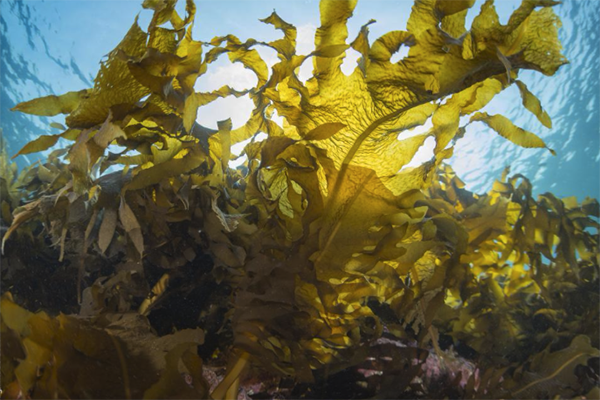
Responsibility
European Commission launches platform to promote algae production
The European Commission is launching EU4Algae – a European algae stakeholder platform – to expedite the algae industry's development.
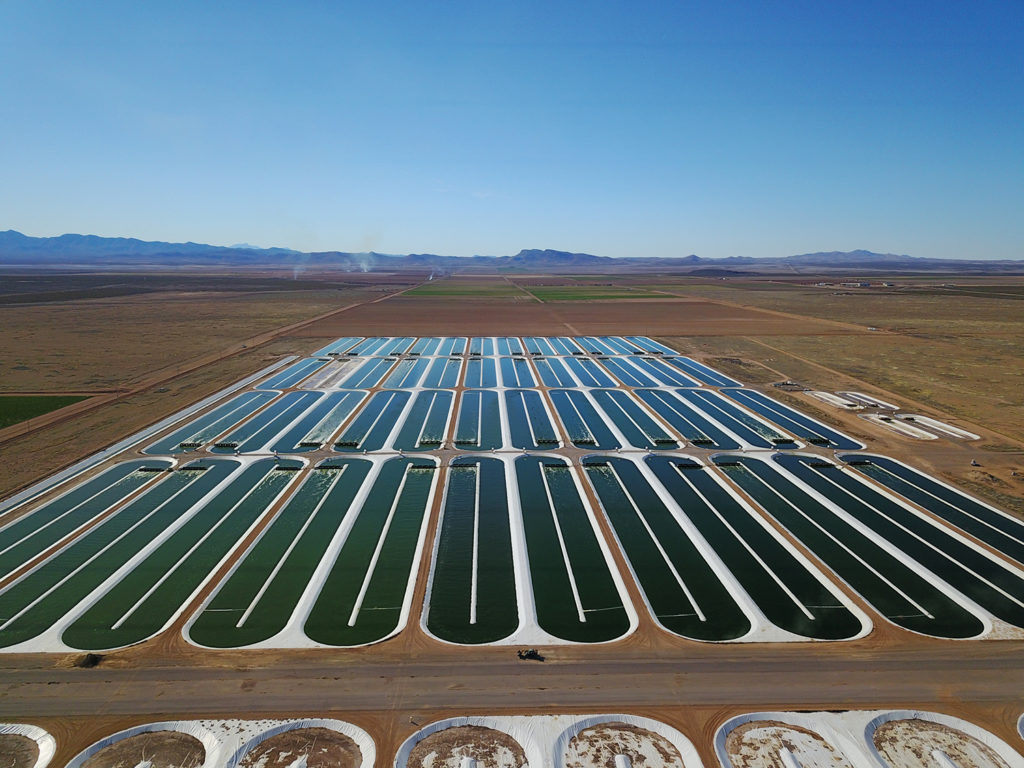
Aquafeeds
Pond-cultivated algae: Slimy superhero for aquafeeds?
Qualitas Health, which grows algae in ponds in New Mexico and Texas for human supplements, is entering the alternative aquafeed ingredient market.
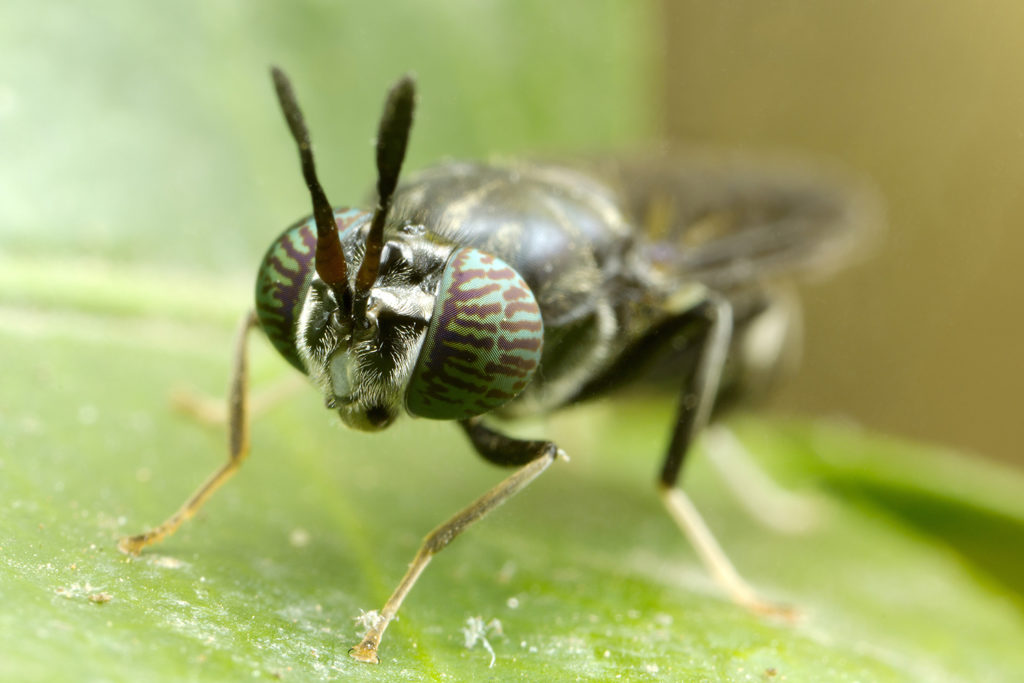
Aquafeeds
Fly guys: Canada opens the door for insect-based feed companies
The sci-fi flick “The Fly” warned about mixing flies and technology, but high-tech black soldier fly farmers are seizing a real opportunity in aquaculture.
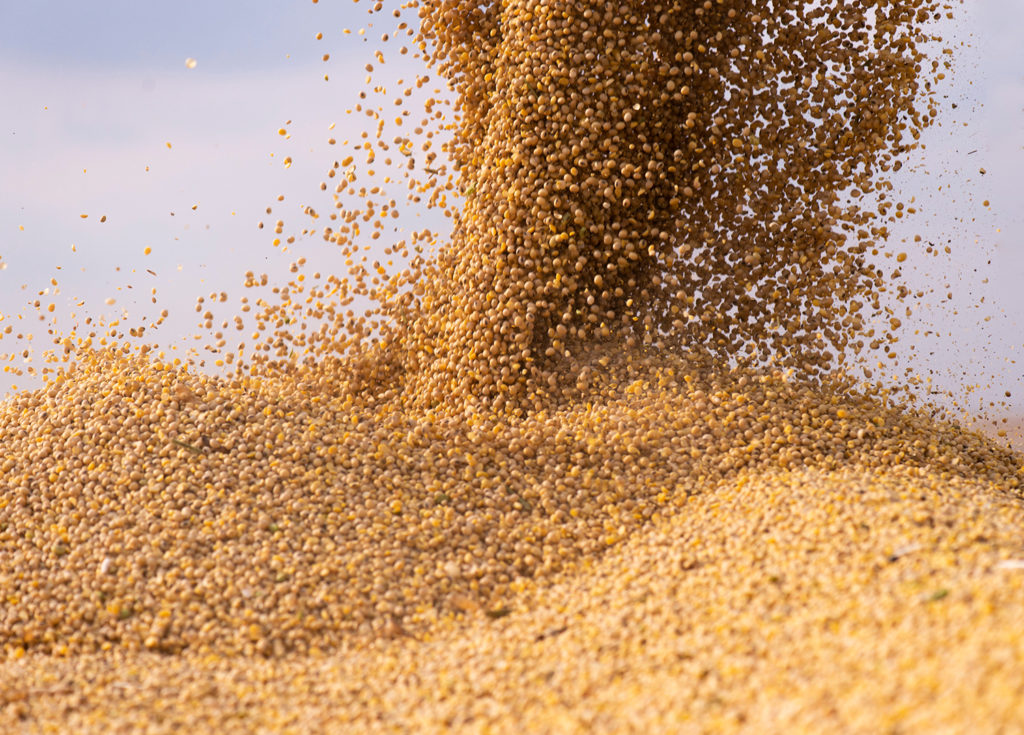
Aquafeeds
Soy helped build aquaculture into a global force. How far can it take it?
Soy has fueled the growth of aquaculture, but environmental and social concerns for some producing areas are prompting some fish farmers to take stock.



